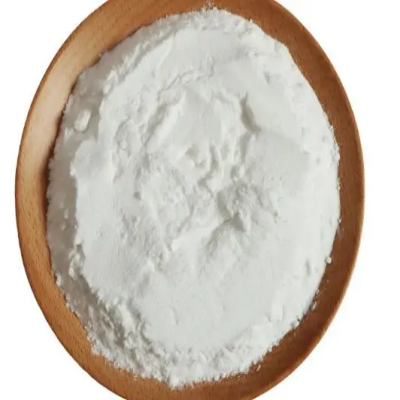Reductase, glutathione CAS:9001-48-3
Redox regulation: Glutathione reductase plays a critical role in maintaining the cellular redox balance. It helps to maintain the proper ratio of reduced glutathione (GSH) to oxidized glutathione (GSSG) by converting GSSG back to GSH. This redox balance is crucial for many cellular processes and is vital for cell survival and function.
Antioxidant defense: Glutathione reductase, by maintaining the levels of reduced glutathione, enhances the cellular antioxidant defense mechanism. Glutathione acts as a powerful antioxidant, scavenging reactive oxygen species (ROS) and other harmful free radicals that can cause cellular damage and oxidative stress.
Detoxification: Glutathione reductase is involved in the detoxification of harmful compounds and xenobiotics. It facilitates the conjugation of toxic substances with glutathione, leading to their elimination from the body.
Immune system function: Glutathione reductase plays an essential role in immune system function. It helps to maintain the redox status of immune cells, optimally activates immune responses, and supports the proliferation and differentiation of immune cells.
Diagnostic and prognostic marker: Glutathione reductase activity can be measured to assess redox status and oxidative stress levels in various diseases. Changes in glutathione reductase activity can serve as diagnostic and prognostic markers for various conditions, including cancer, cardiovascular diseases, liver diseases, and neurodegenerative disorders.
Therapeutic applications: Glutathione reductase is a potential target for therapeutic interventions. Modulating its activity or expression can be explored as a therapeutic strategy to counteract oxidative stress-related diseases, such as neurodegenerative disorders, cardiovascular diseases, and certain cancers.
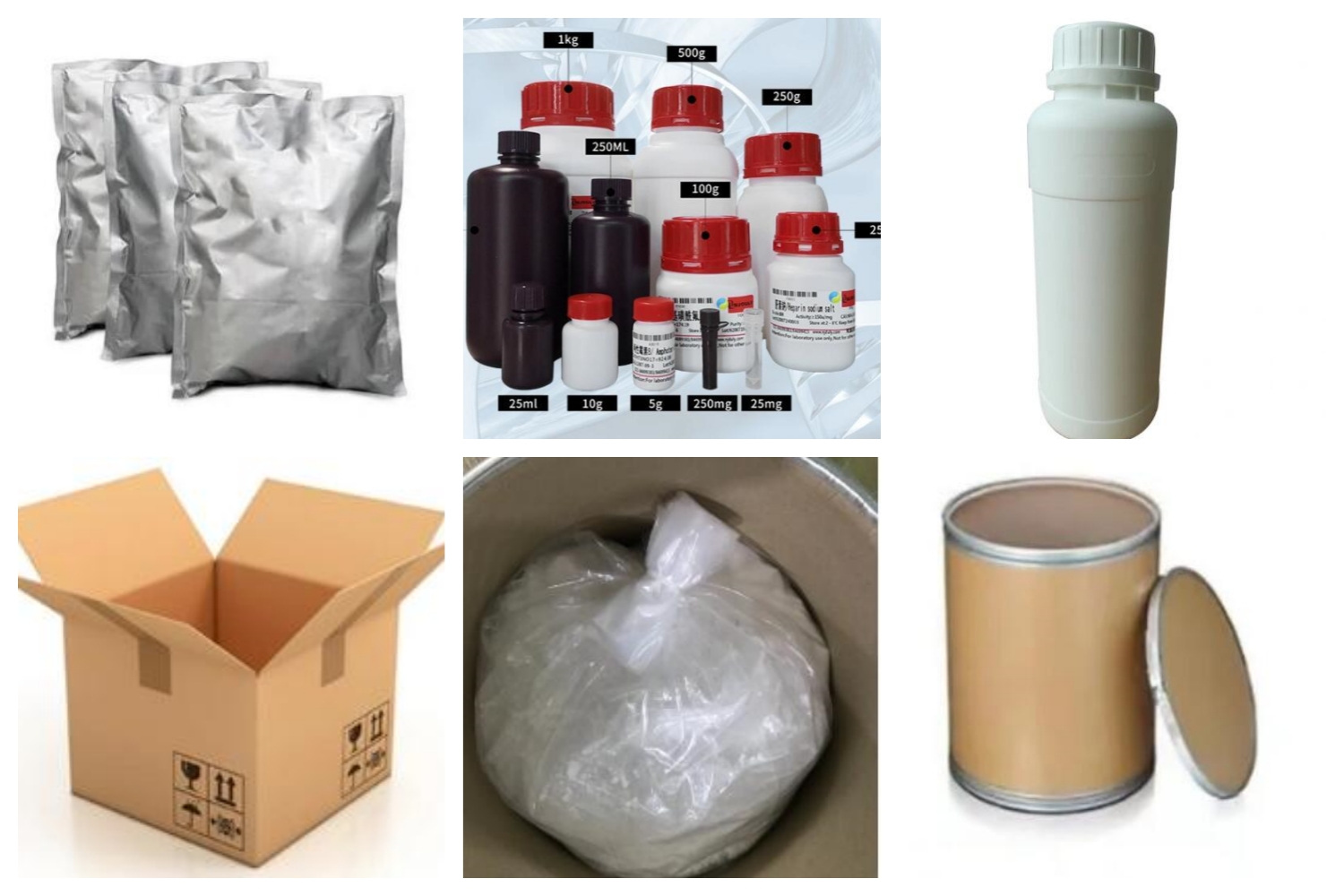
| Composition | N.A. |
| Assay | 99% |
| Appearance | Yellow liquid |
| CAS No. | 9001-48-3 |
| Packing | Small and bulk |
| Shelf Life | 2 years |
| Storage | Store in cool and dry area |
| Certification | ISO. |



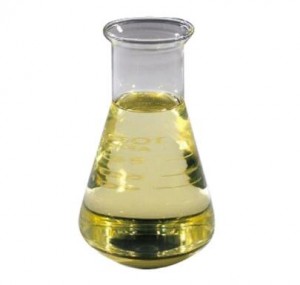
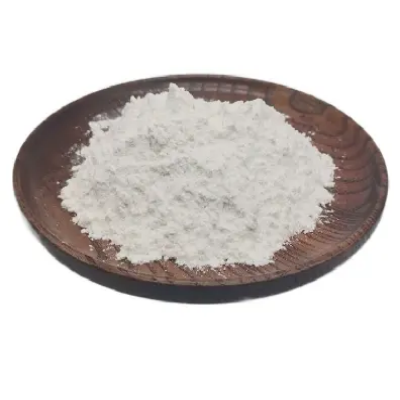
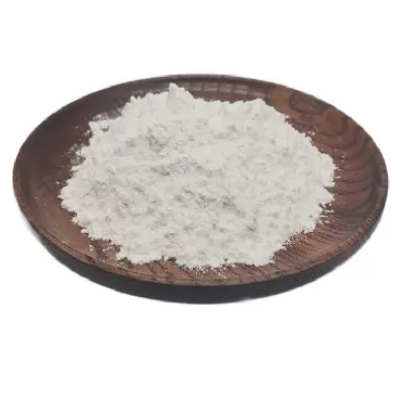
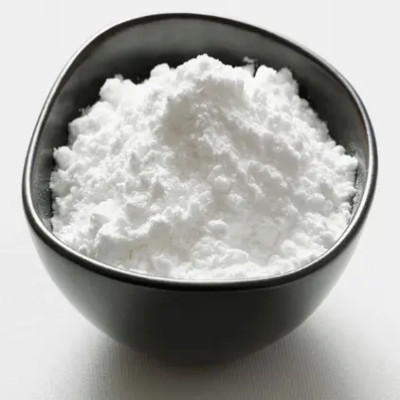

![5-hydroxy-spiro[indole-3,4'-piperidin]-2(1H)-one CAS:2891598-52-8](https://cdn.globalso.com/xindaobiotech/K@NIE7HBAEP6E7J7DS177.png)
